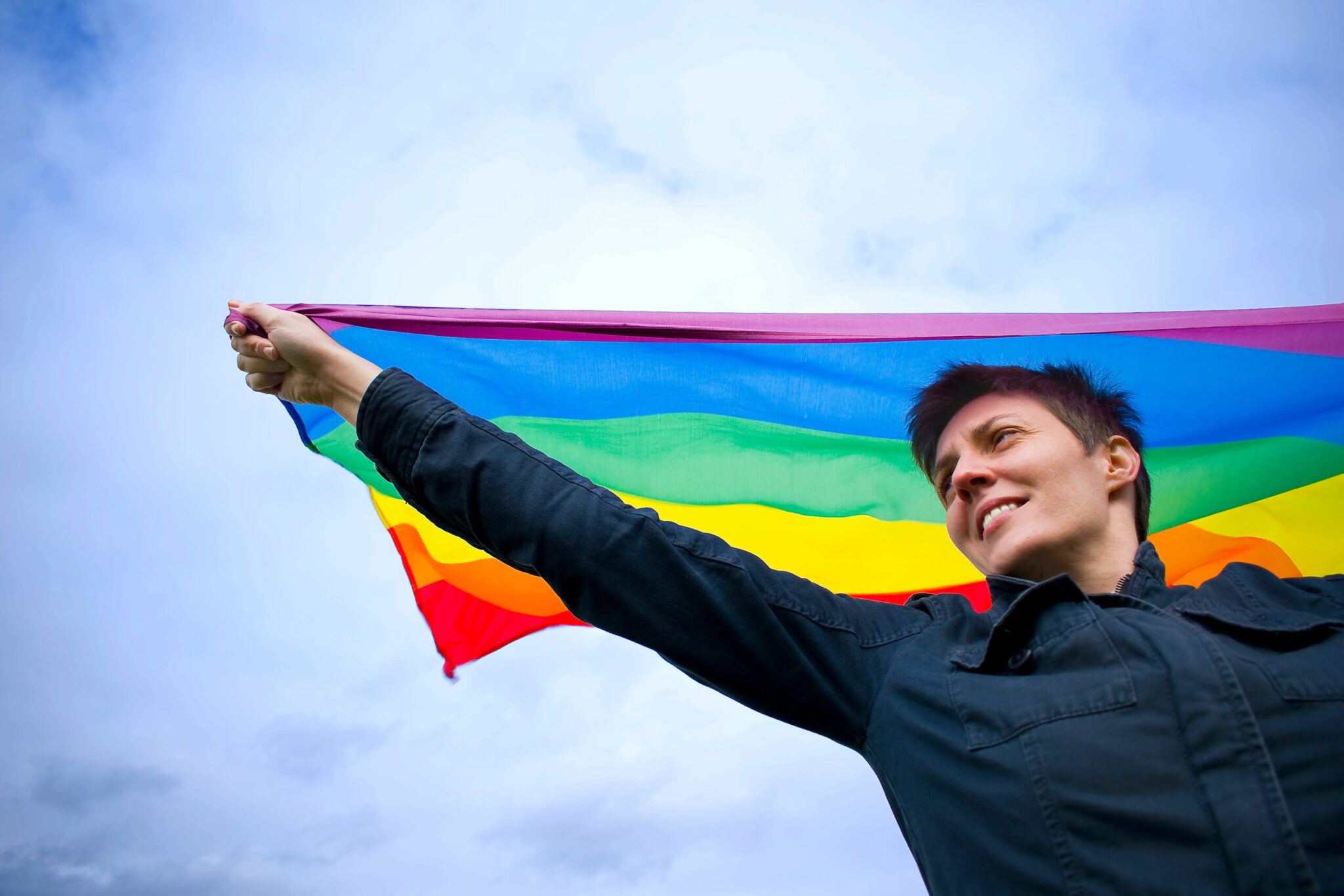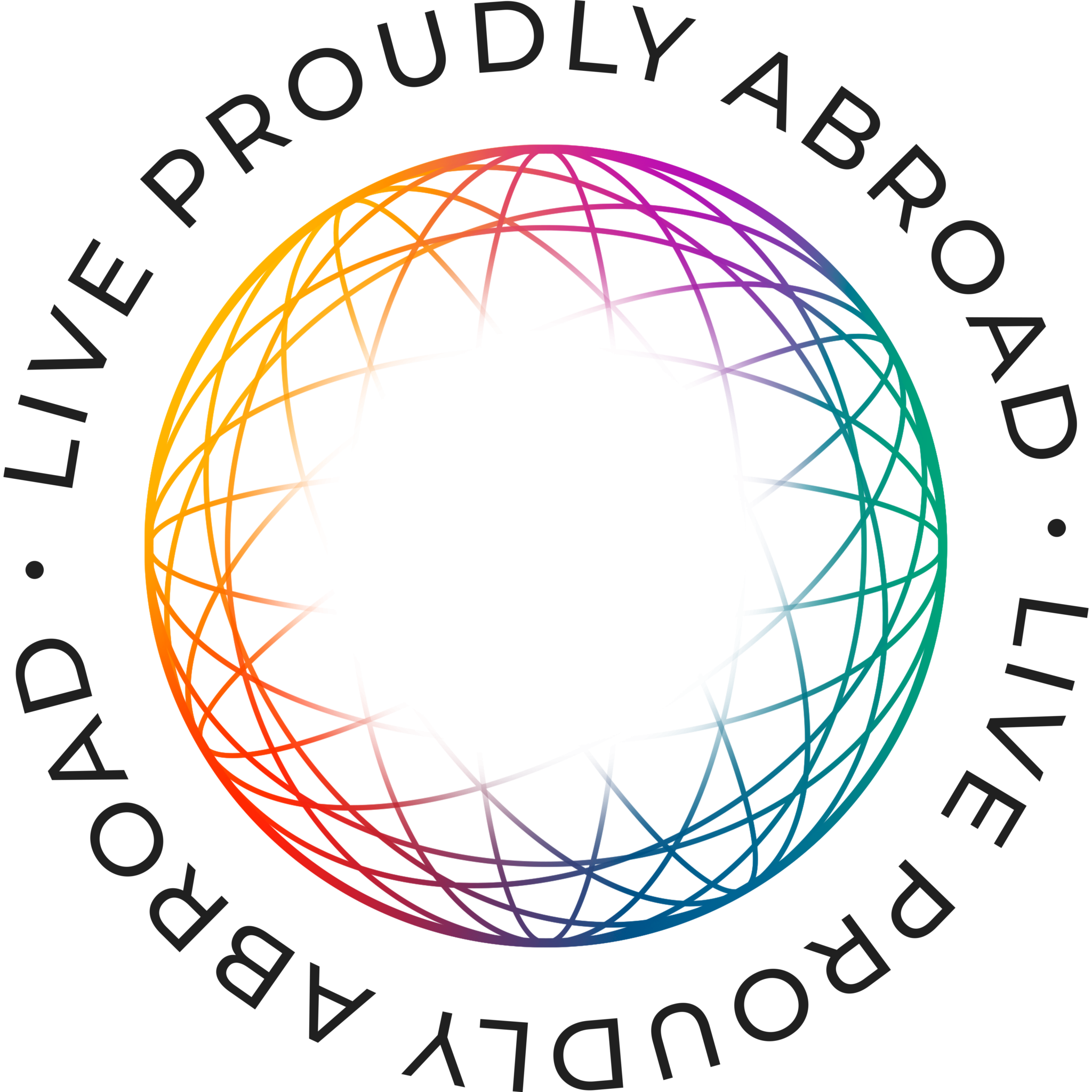Attorney Leslie Howard has helped countless LGBTQ+ individuals navigate the complexities of immigration and asylum. In this interview, Leslie shares insights and practical advice for those considering moving abroad or seeking refuge from persecution.
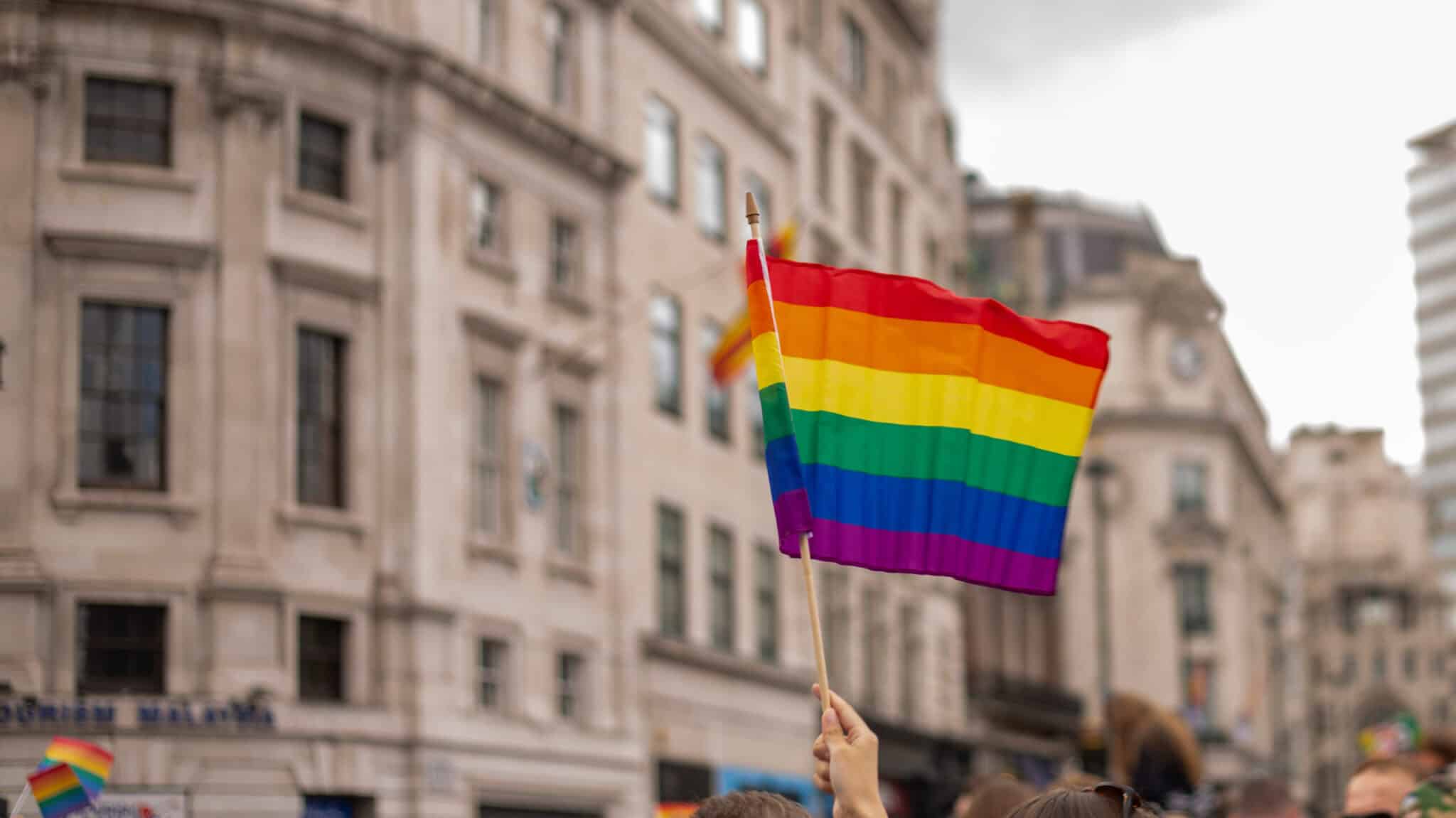
Q: Why is moving abroad an important consideration for LGBTQ+ individuals?
Leslie Howard: Moving to another country as an LGBTQ+ individual can feel like a mix of excitement and uncertainty. For many, it’s about finding a place where they can live authentically and thrive. For others, it’s a matter of safety and survival, especially if they’re fleeing discrimination or persecution. Understanding your options is crucial, as some countries not only offer inclusive policies but actively celebrate diversity.
Q: Which countries stand out as LGBTQ+-friendly destinations with accessible immigration paths?
Leslie Howard: If you’re dreaming of a fresh start, in addition to the United States, several countries consistently rank as LGBTQ+-friendly and offer streamlined immigration programs. Here are some of my top picks:
Portugal has strong anti-discrimination laws and an affordable cost of living. One of the highlights is the D7 visa, which is especially attractive for remote workers and retirees. Cities like Lisbon and Porto boast growing LGBTQ+ communities with a warm and laid-back atmosphere.
Malta is another standout. The country ranks at the top of the ILGA-Europe Rainbow Index and has set the bar high for LGBTQ+ rights. Same-sex marriage and adoption are legal, and their anti-discrimination protections are among the most comprehensive globally. On top of that, Malta’s Permanent Residence Programme makes relocating to this Mediterranean paradise a smooth process.
Spain is renowned for its progressive policies and vibrant queer communities, particularly in cities like Madrid and Barcelona. Since legalizing same-sex marriage in 2005, Spain has remained a beacon for LGBTQ+ rights. Whether you’re exploring the Non-Lucrative Visa for living without working initially or looking into work visas for skilled professionals, Spain’s rich culture and welcoming climate make it an appealing choice.
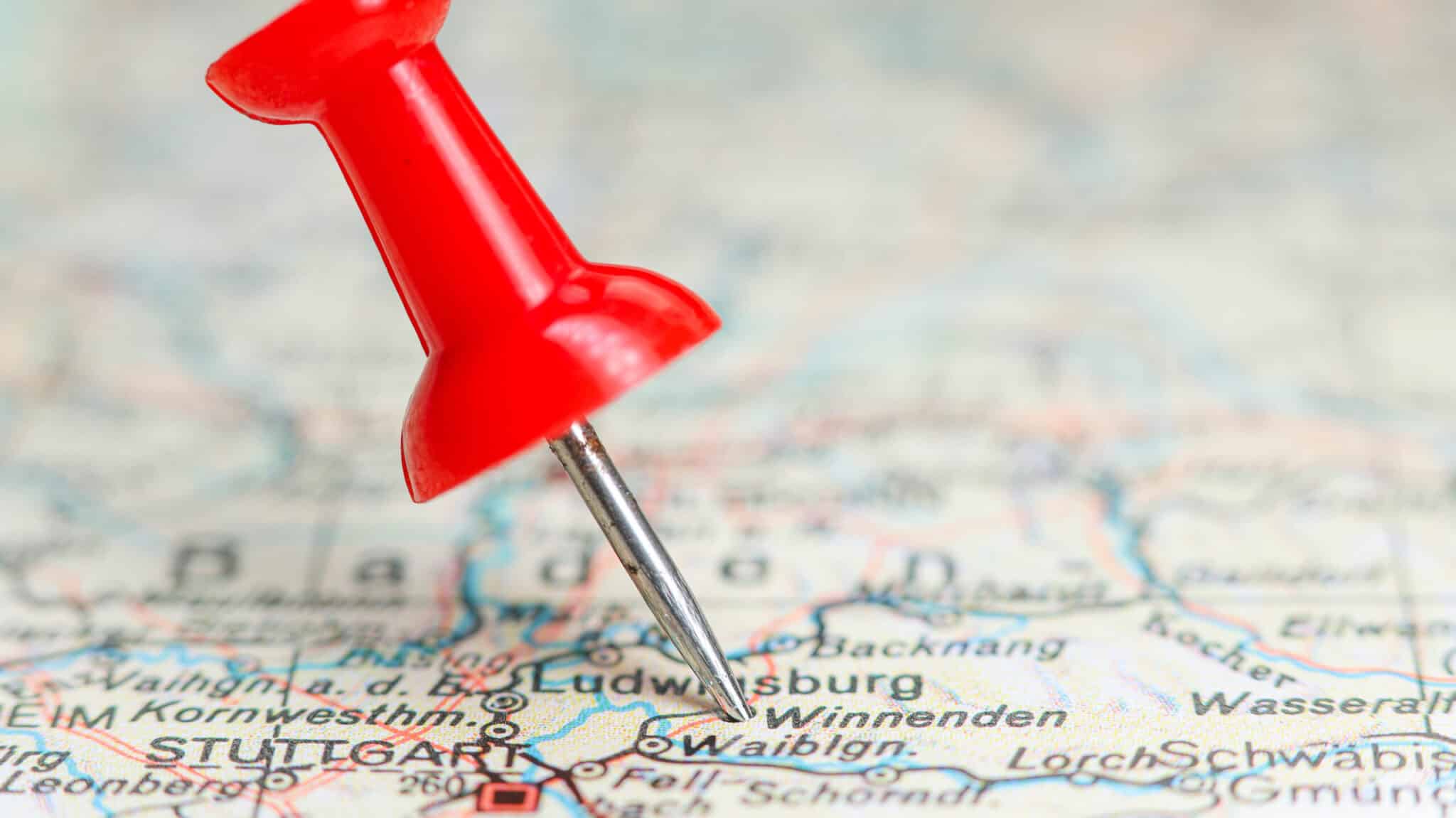
Q: How can someone choose the best country for their needs?
Leslie Howard: Picking the right country depends on your unique circumstances, but it helps to focus on three key areas. First, think about legal protections. Does the country have strong anti-discrimination laws, and is same-sex marriage recognized? Next, look at societal attitudes. Are LGBTQ+ individuals accepted socially? How does it feel to live openly there? Finally, consider the visa requirements. Is the process straightforward, and are there options that suit your skills or situation? By evaluating these factors, you can make a decision that’s right for you.
Q: What if someone isn’t moving by choice but is fleeing persecution?
Leslie Howard: For many LGBTQ+ individuals, seeking asylum is a matter of survival. Asylum provides a lifeline for those escaping persecution in their home countries due to their sexual orientation, gender identity, or expression.
Q: Can you explain the basics of LGBTQ+ asylum?
Leslie Howard: Absolutely. When applying for asylum, the process is about telling your story and backing it up with evidence. The main thing you’ll need to show is that you have a well-founded fear of persecution. You also need to prove that your government either cannot or will not protect you. Finally, your case must connect this persecution to one of five protected grounds: race, religion, nationality, political opinion, or membership in a particular social group. For LGBTQ+ applicants, it’s that last category that typically applies.
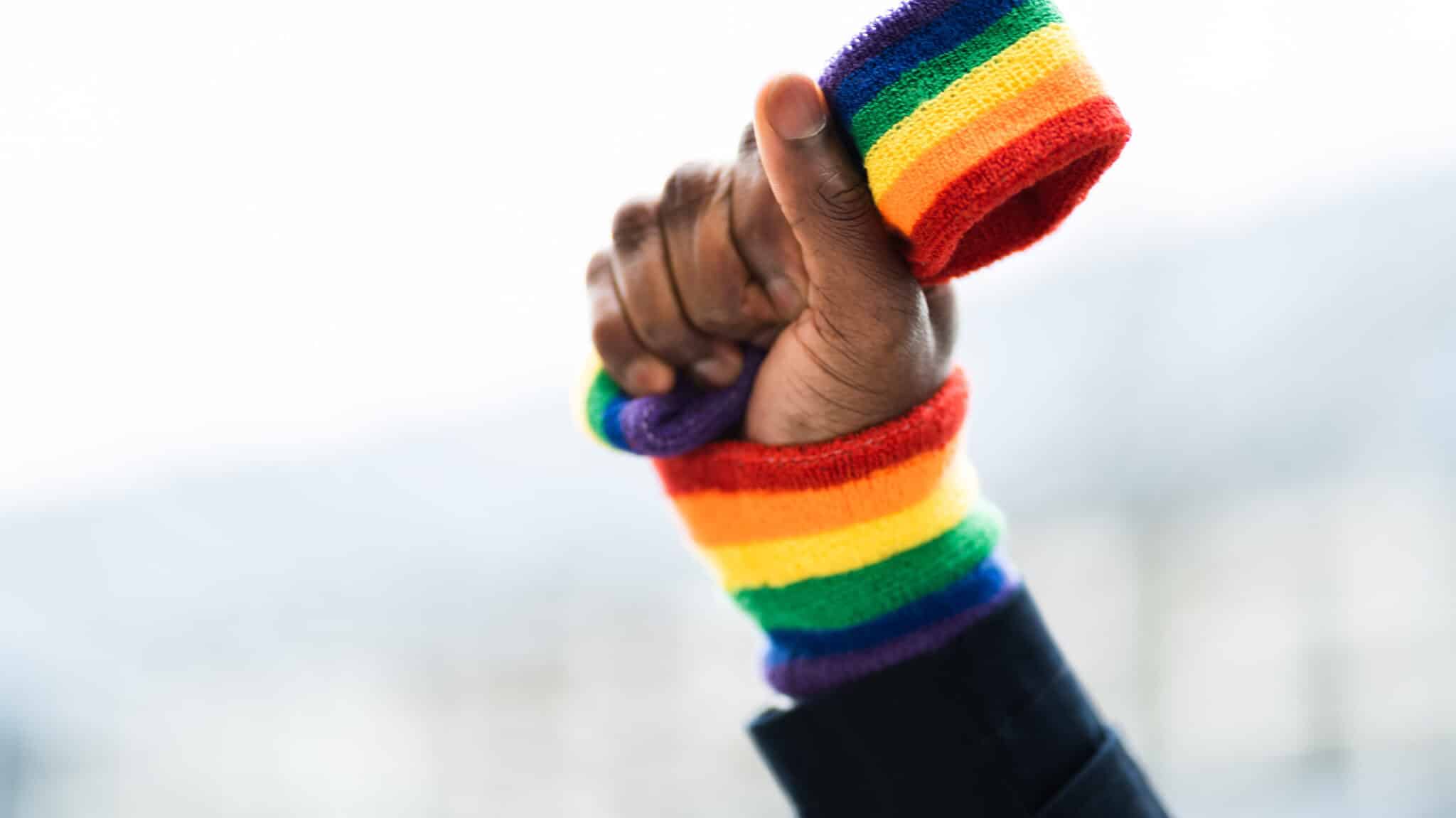
Q: What does the asylum process generally involve?
Leslie Howard: The process varies, but here’s how it usually unfolds. First, you file your asylum claim. This can be done at the border or after arriving in the country where you’re seeking protection. Then comes the interview or hearing stage. This is where you present your evidence—whether it’s testimonies, medical records, or news articles that support your claim. If everything checks out, the final step is the decision. If approved, you’re granted asylum status, which can often lead to permanent residency. In the U.S., for example, LGBTQ+ individuals must file within one year of arrival and may face additional layers of complexity, so having strong legal representation can make all the difference.
Q: What challenges do LGBTQ+ asylum seekers face?
Leslie Howard: The road to asylum can be tough. Policy changes are a big hurdle. Immigration rules are often tied to political climates, and shifts can create new obstacles for applicants. Proving persecution is another challenge. It’s not just about recounting your experiences; it’s about gathering evidence to back them up. This can be deeply personal and emotionally taxing. Finally, there’s the waiting. Asylum cases can drag on for years, leaving applicants in a state of limbo. During this time, access to work, healthcare, and a stable life can be incredibly limited.

Q: How can LGBTQ+ asylum seekers find support?
Leslie Howard: There are amazing organizations out there to help. Groups like Rainbow Railroad, Immigration Equality, and ILGA World provide crucial support, from legal aid to safe pathways for refugees. In the U.S., there are local advocacy groups that can connect you with resources, legal services, and community networks. If you’re in this situation, don’t hesitate to reach out—there’s help available.
Q: What’s your advice for someone considering this journey?
Leslie Howard: Whether you’re chasing new opportunities in an LGBTQ+-friendly country or seeking refuge from persecution, know that there’s a global community ready to support and celebrate you. Moving abroad isn’t just about starting over—it’s about finding a place where you can truly belong. Research your options, connect with support networks, and don’t hesitate to seek advice from an experienced immigration attorney. The journey may be challenging, but the rewards are worth it.
